Are You a Manager or Leader? 10 Indie Titles Help You Tell the Difference

It was Peter Drucker, the renowned business guru, who said, “Management is doing things right; leadership is doing the right things.” Still, in the numerous books he wrote, Drucker concentrated largely on management, not leadership.
Maybe this is because being a manager is more commonplace, and the notion of management is easier to grasp. But being a leader—well, that’s a rarity. Leadership eludes many because it involves “the vision thing,” the ability to have not just a clear idea of where a business is going, but the talent to express that vision and then motivate people to follow you.
The pursuit of leadership, and more specifically being a leader vs. being a manager, seems to be a timeless topic in business books. In recent years, it has gotten a lot of attention from indie business book authors.
Here, then, are ten books, organized alphabetically, that demonstrate that the debate of “manager or leader” is far from over.
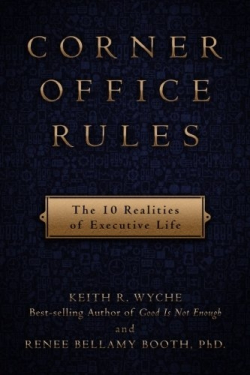
Corner Office Rules: The 10 Realities of Executive Life, by Keith R. Wyche and Renee Bellamy Booth.
The organization of this book sets it apart from many others: The first half, “Critical Leadership Skills You Must Master,” is penned by a CEO, while the second, “Managing the Personal Challenges that Come with Leadership,” is written by a leadership development expert. CEO Wyche bluntly talks about topics that are pointedly defined by five realities, including “What Made You Successful Then, Won’t Now” and “You’re Not Alone, but Sometimes You Will Feel Like You Are.” Leadership coach Booth’s insights revolve around five other realities, such as “Your Values Will Be Put to the Test” and “The Company Can’t Love You Back.” This dual approach encourages readers to first see leadership in action in the workplace and then view it through a much more personal lens.
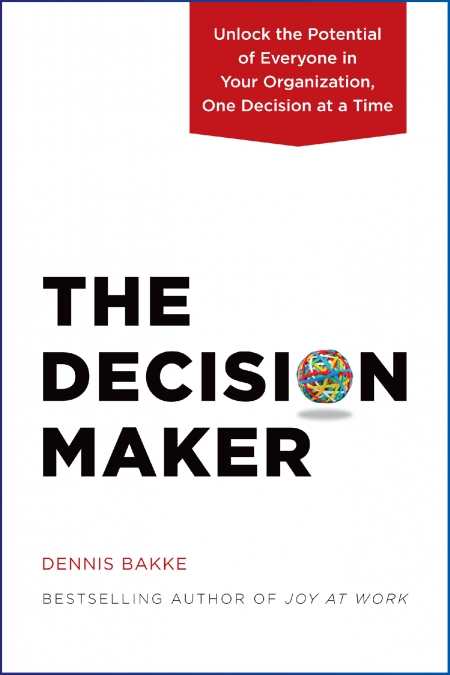
The Decision Maker: Unlock the Potential of Everyone in Your Organization, One Decision at a Time, by Dennis Bakke
This leadership book, disguised as a fictional story about Tom Anderson, the new owner of a manufacturing firm, demonstrates the ability of great leaders to delegate decision-making. Anderson never veers from his commitment to letting the most appropriate individuals in the company make decisions, even though his partner and a major investor are skeptical about the wisdom of releasing such control. As the story unfolds, it becomes clear that decisions made by lower-ranking employees may, in fact, be superior to decisions made by managers who are several steps removed from a situation. It’s a powerful way to engage the reader and make a key point about leadership.

Executive Advantage: Resilient Leadership for 21st-Century Organizations, by Jacqui Grey
The advice doled out by leadership development consultant Grey is relevant to those facing the considerable task of running a business or managing people. Addressing leadership from a psychological perspective, Grey supports her research with numerous interviews and an extensive bibliography. Particularly intriguing is her discussion of “Executive Gremlins,” the result of executive anxiety over such very personal needs as feeling important and being in control. The author writes to a broad audience—not just leaders, but everyone who needs to organize, delegate, and maintain stability in challenging business environments.
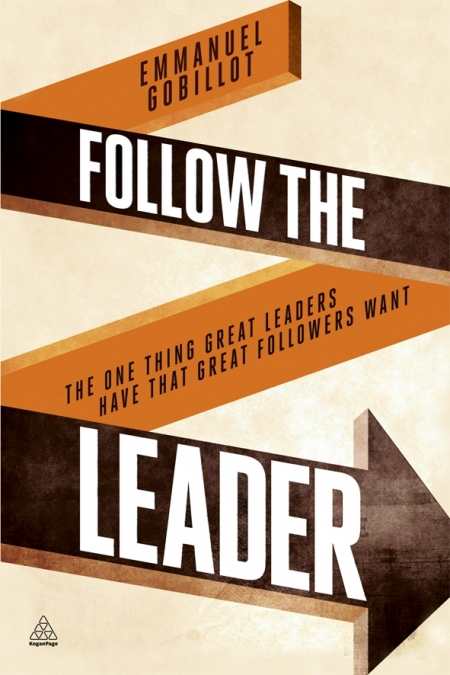
Follow the Leader: The One Thing Great Leaders Have that Great Followers Want, by Emmanuel Gobillot
“Leaders inspire where managers engineer,” writes consultant Gobillot. “Management requires compliance where leadership requires self-direction on the part of the followers.” Gobillot’s book is unique in that it turns the attention from leadership to “followership,” suggesting that the leader’s real challenge is rallying and encouraging the team to act together. The author discusses the mysterious quality of charisma and concentrates on the “emotional logic” of leadership. Thankfully, Gobillot comes down on the side of the leader who attracts rather than intimidates followers.
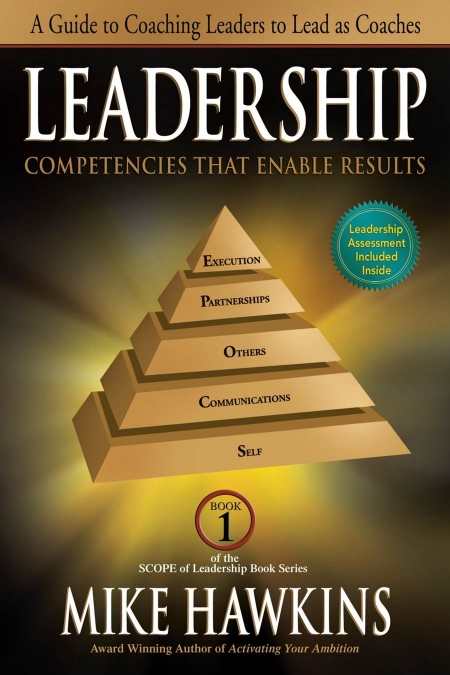
Leadership: Competencies that Enable Results, by Mike Hawkins
In this book, the first in a series, executive coach Hawkins describes “SCOPE,” an acronym for five key leadership areas: Self, Communications, Others, Partnerships, and Execution. Hawkins identifies the “top ten” reasons why there are few great leaders. He then offers readers the tools to become great in chapters that cover the need to lead, choosing to lead, learning to lead, trends that affect leadership, and leadership competencies. Leadership is a clear and succinct work that presents the difference between being a manager and a true leader.
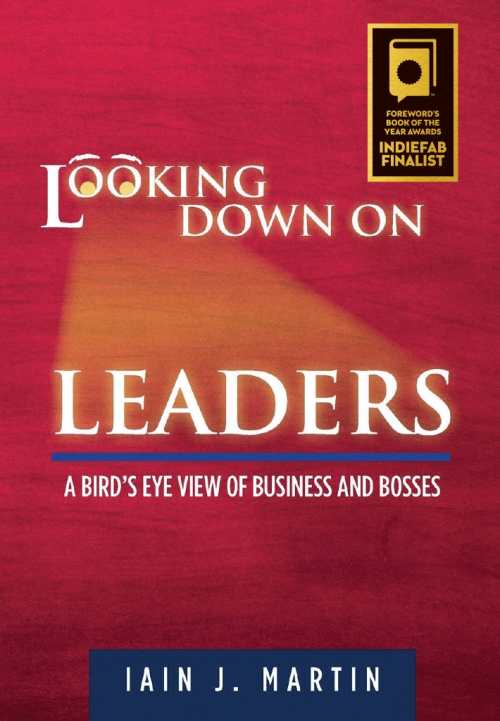
Looking Down on Leaders: A Bird’s Eye View of Business and Bosses, by Iain J. Martin
When it comes to leadership, laughter may be the best medicine. International executive coach Martin’s amusing yet practical book brims with personality. Martin recounts numerous stories, offering witty and wise observations about leadership rather than championing a particular method. “MacMentor,” Martin’s fictional alter ego who appears in the book, makes observations that summarize and punctuate the content with key takeaways. MacMentor is the serious foil to the author’s high-spirited, humorous voice. This is a different and often delightful reading experience.

Manage It Right!: Intrapreneurial Skills to Succeed in Any Organization, by Carlos Zorea and Dee Zorea
In novelistic fashion, the Zoreas tell the story of Dennis, a manager charged with turning around a failing business division. He turns to Chuck, a consultant with the deep experience and knowledge to help him. This interesting approach allows the reader to vicariously experience a leader (Chuck) mentoring a manager (Dennis) so that he, too, can become a leader. The book focuses on such managerial needs as identifying organizational weaknesses, team building, operational management, and monitoring. By the end of the story, though, leadership saves the day.

Save Your Drama for Your Mama: Drama or Leadership is a Choice, by Charlie Sheppard
The antithesis of leadership isn’t management, it’s drama, according to leadership coach Sheppard. The core of the author’s argument centers around two triangles. In the “Drama Triangle,” the “victim” tends to avoid accountability, be controlled by external forces, and assumes “negative intent.” In the “Leadership Triangle,” the “visionary” embraces accountability, is focused on internal control, and assumes “positive intent.” Sheppard helps the reader visualize leadership by contrasting the victim and visionary roles in numerous examples. The author uses many stories and vignettes, enhanced by his own insightful observations.
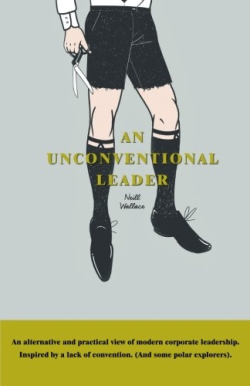
An Unconventional Leader, by Neill Wallace
In this unconventional book, Wallace combines his own business experience with excellent observational skills to question and challenge traditional management, lamenting the fact that business generally fits “leaders into a conventional mold.” Wallace relates the story of three polar explorers to demonstrate the difference between two who “showed no fear of uncharted paths” (they succeeded) and one who was bound by convention (he failed). The author addresses such topics as bravery, inspiration, honesty, duty, and responsibility—heady stuff that is as much about life as it is about leadership.
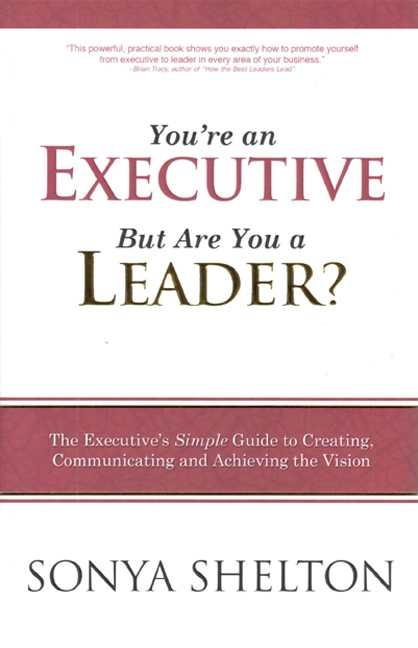
You’re an Executive but Are You a Leader? The Executive’s Simple Guide to Creating, Communicating and Achieving the Vision, by Sonya Shelton
“Great leaders move people into action,” writes executive coach Shelton. “They ignite our passion and inspire us to do our best.” Targeted to executives, her book includes fifty keys to executive leadership (“Be authentic always and everywhere,” for example), paired with actual case studies of her clients putting the keys into action. For each key, the author includes an area for the reader to jot down notes. The book’s small size and utterly simple structure belies the complexity of the leadership challenge. Still, the author’s intent for the book to be used “as a reference to spark ideas” makes this diminutive volume very useful.

Barry Silverstein is a business writer, author, and marketing consultant. You can follow him on Twitter @bdsilv.
Barry Silverstein
